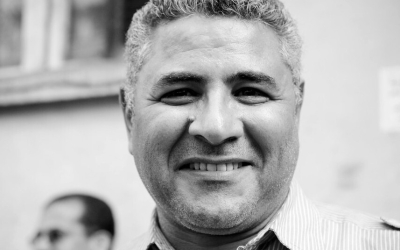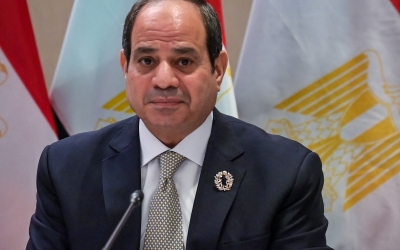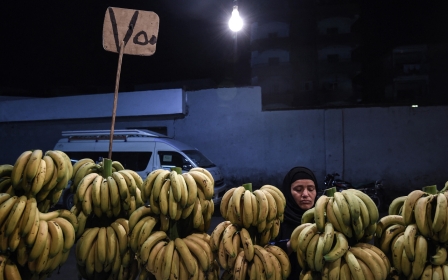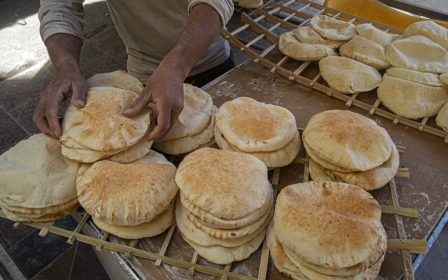Egypt: Alaa Abdel Fattah launches hunger strike in jail on first day of Ramadan
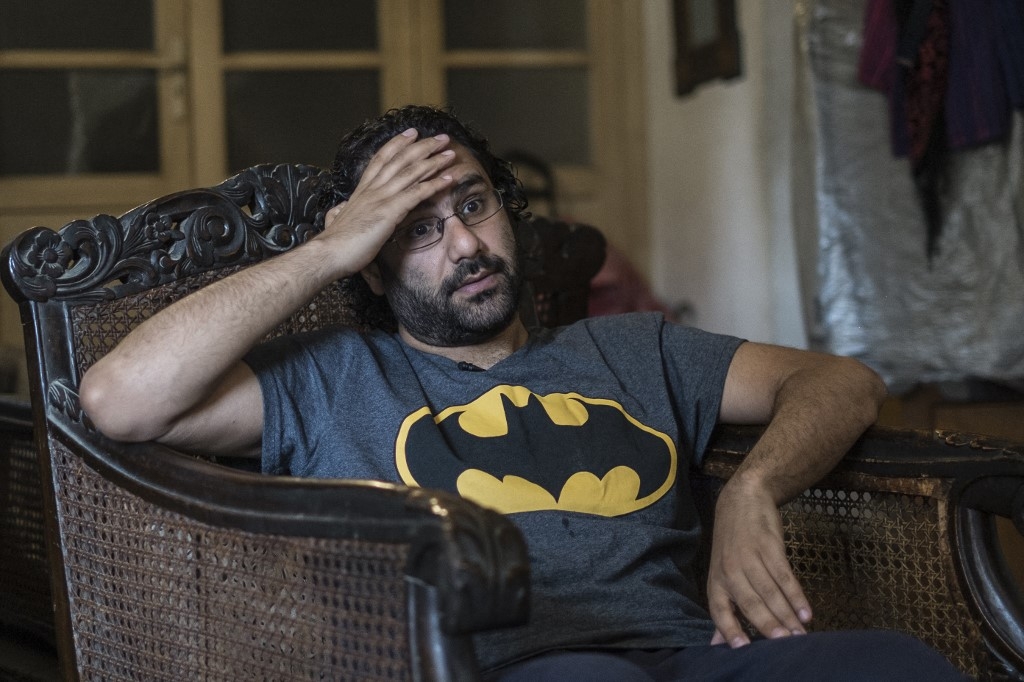
Prominent Egyptian activist Alaa Abdel Fattah began a hunger strike in prison at the start of the holy month of Ramadan, his family said on Monday.
Abdel Fattah, who was sentenced to five years in prison by an emergency court last year, has been turning away food since Saturday, according to his sister Mona Seif.
“I just finished Alaa's visit. It was a heavy visit," Seif said in a tweet.
“Alaa showed up today with his head shaven and I knew he was on an open hunger strike since the first day of Ramadan. He returned food and only took medication, tea and personal hygiene products," she added.
Abdel Fattah was sentenced by an emergency state security court in December on charges of spreading “false news" in trials widely condemned by human rights defenders.
In the same case, his co-defendants' human rights lawyer Mohamed el-Baqer and blogger Mohamed "Oxygen" Ibrahim were sentenced to four years.
The trio were arrested in September 2019 and held in pre-trial detention for more than two years, which exceeds the maximum amount under Egyptian law.
Abdel Fattah is a left-wing blogger, software developer, and icon of the 2011 revolution. He has served several intermittent jail terms since 2011 for participation in anti-government protests.
'I don't care about my health'
In a separate tweet, Seif relayed what seemed like a part of the conversation she had with Abdel Fattah during her visit on Monday.
"Ok, I know that you are on a hunger strike, but can you look after your health?" Saif in the tweet. "I don't care about my health!" was the response.
In September, Abdel Fattah's lawyer said the activist was seriously considering suicide in prison due to the dire conditions of his detention.
“I am in a dreadful situation. I can’t carry on. Take me out of this prison. I will commit suicide," he said, as quoted by his lawyer Khaled Ali.
“Since 2011, I have not spent even one year out of prison. If the aim is to kill me, then let me just kill myself," he told Ali.
The lawyer warned that the deteriorating mental health of the jailed activist was unprecedented. “I know Alaa very well. He does not lie or mislead. He will only say what he will do," Ali wrote.
Before his 2019 arrest, Abdel Fattah had been jailed on charges of protesting without permission in 2013, sentenced to five years in prison in February 2015, then was granted conditional release in March 2019.
The terms of his parole at that time meant that he had to spend every night in a cell in his local police station, where he was arrested again in September of the same year at the time of anti-government protests that he did not take part in.
Since the 2013 military coup led by general-turned-president, Abdel Fattah el-Sisi, which ousted his democratically elected predecessor Mohamed Morsi, Egypt has witnessed what rights groups have described as the worst crackdown on human rights in Egypt's modern history.
Thousands of supporters of Morsi, who hailed from the Muslim Brotherhood, as well as secular activists like Abdel Fattah, have been detained since the coup. Many have died in custody due to poor prison conditions and medical negligence.
Middle East Eye delivers independent and unrivalled coverage and analysis of the Middle East, North Africa and beyond. To learn more about republishing this content and the associated fees, please fill out this form. More about MEE can be found here.


